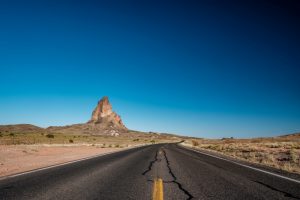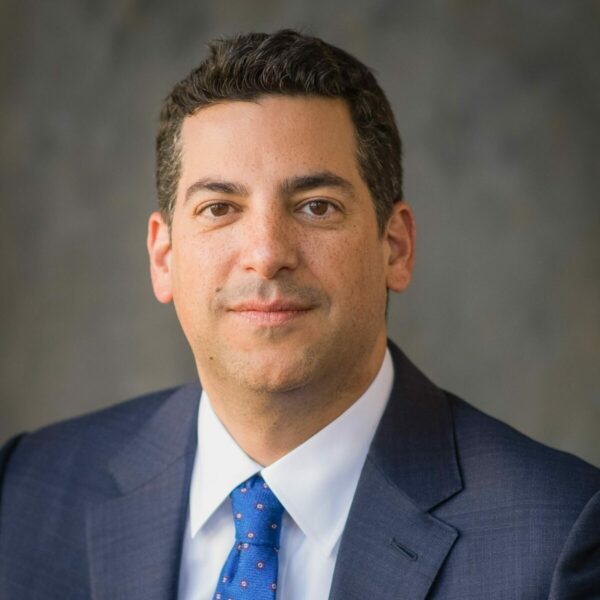Editor’s note: Below is a statement by Rose Law Group equine attorney Adam Trenk in response to an article posted last week on horse slaughter by The New York Times
“The wild horses that roam the American plains and tribal lands are testament to the history of this continent and a living symbol of freedom, strength and perseverance. Horse slaughter is a horrendous solution to a bad problem, but hopefully with the implementation of herd management practices and the establishment of eco-sanctuaries on public lands, there will be no need for horse slaughter in the years that come.
“There are many places, including Cave Creek, Ariz., that have the land, but it is a matter of funding to ensure reasonable containment and prevent over population of the herd. In our community especially, it might make sense to use our thousands of acres of open space to accommodate a small herd of wild horses. The herds could be a tourist attraction that would raise revenues to pay for the land, herd maintenance, and educational programs about our unique habitats and the horses themselves.
“Creative solutions will take collaboration and hard work to implement, but it can be done for the mutual benefit of all parties, especially the horses.”
On Fate of Wild Horses, Stars and Indians Spar
By Fernanda Santos | The New York Times
It seemed at first like a logical alliance for boldface names in the interconnected worlds of Hollywood and politics. Bill Richardson, a former governor of New Mexico, and the actor Robert Redford, a staunch conservationist, joined animal rights groups in a federal lawsuit to block the revival of horse slaughter in the United States, proclaiming that they were “standing with Native American leaders,” to whom horse slaughter “constitutes a violation of tribal cultural values.”
Soon, though, the two men, who recently started a foundation to protect New Mexico’s wildlife, found themselves on a collision course with the Navajo Nation, the country’s largest federally recognized tribe, whose president released a letter to Congress on Aug. 2 asserting his support for horse slaughtering.
Free-roaming horses cost the Navajos $200,000 a year in damage to property and range, said Ben Shelly, the Navajo president. There is a gap between reality and romance when, he said, “outsiders” like Mr. Redford — who counts gunslinger, sheriff’s deputy and horse whisperer among his movie roles — interpret the struggles of American Indians.
“Maybe Robert Redford can come and see what he can do to help us out,” Mr. Shelly said in an interview. “I’m ready to go in the direction to keep the horses alive and give them to somebody else, but right now the best alternative is having some sort of slaughter facility to come and do it.”
The horses, tens of thousands of them, are at the center of a passionate, politicized dispute playing out in court, in Congress and even within tribes across the West about whether federal authorities should sanction their slaughtering to thin the herds. The practice has never been banned, but stopped when money for inspections was cut from the federal budget.
If you’d like to discuss equine law, contact Adam Trenk, atrenk@roselawgroup.com












